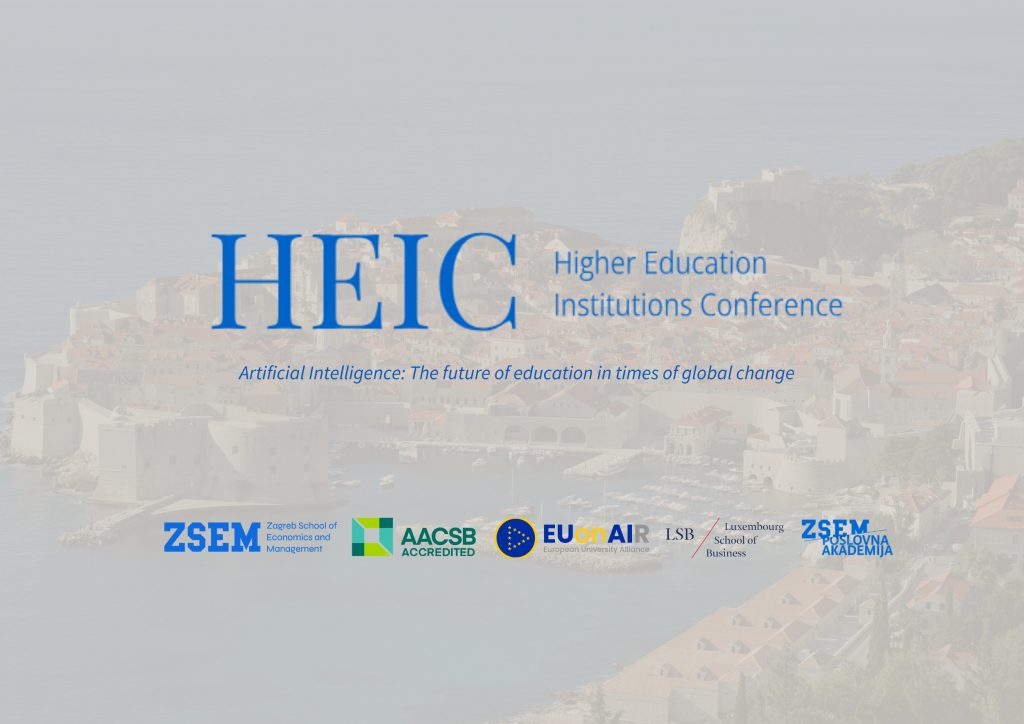
13th Higher Education Institutions Conference (HEIC) in Dubrovnik (September 2025) – AI and Digital Transformation in Higher Education
The 13th Higher Education Institutions Conference (HEIC) took place in Dubrovnik on 4–5 September 2025, organized by the Zagreb School of Economics and Management (ZSEM) in cooperation with the Luxembourg School of Business (LSB). This year’s edition gathered participants from across Europe and beyond, with a central focus on artificial intelligence and digital transformation—topics that both challenge and inspire higher education institutions worldwide.
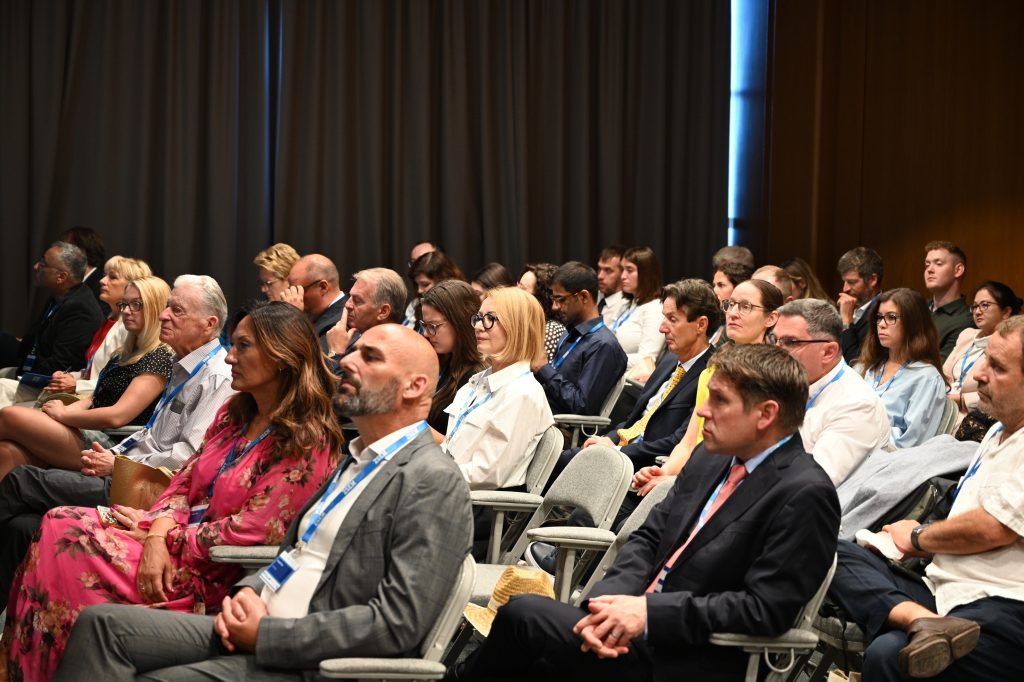
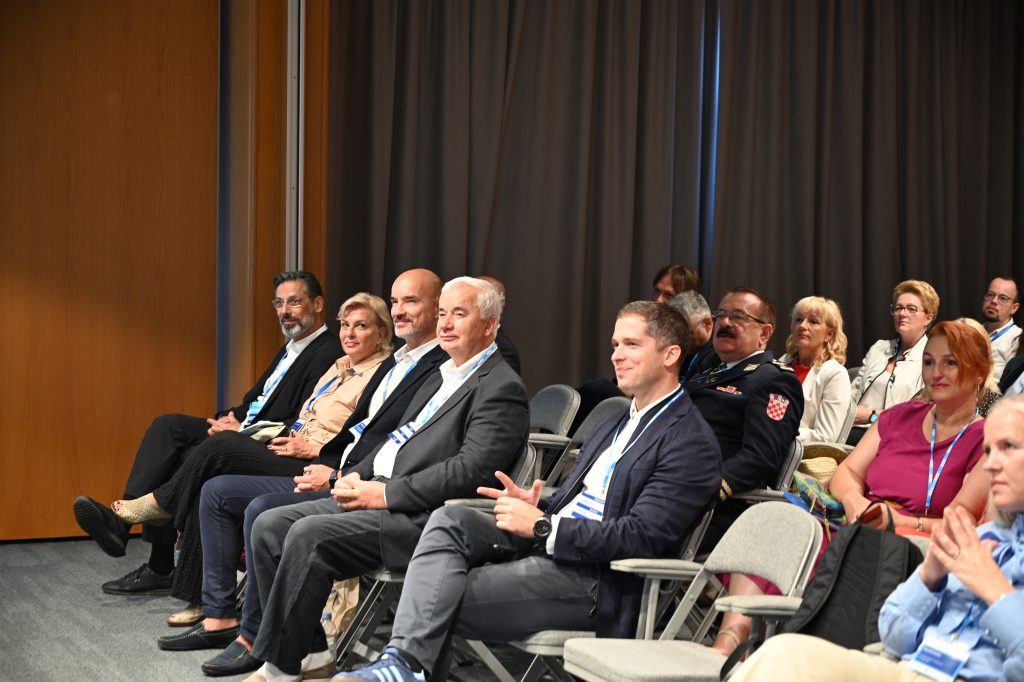
Since its establishment in 2013, HEIC has grown into a distinguished international forum where rectors, deans, professors, researchers, policymakers, and representatives of the business community exchange perspectives on quality, governance, and competitiveness in higher education. Over the past decade, the conference has evolved into a dynamic space where new ideas are tested, collaborations initiated, and global perspectives on the future of higher education converge.
The opening keynote was delivered by Peter A. Gloor, PhD (MIT Sloan School of Management, USA), Research Scientist at the Center for Collective Intelligence and founder of Galaxy Advisors. Widely acknowledged for his pioneering work on Collaborative Innovation Networks (COINs), Gloor demonstrated how collective intelligence and social network analysis can be applied to foster innovation, strengthen institutional collaboration, and enhance adaptability in periods of rapid change.
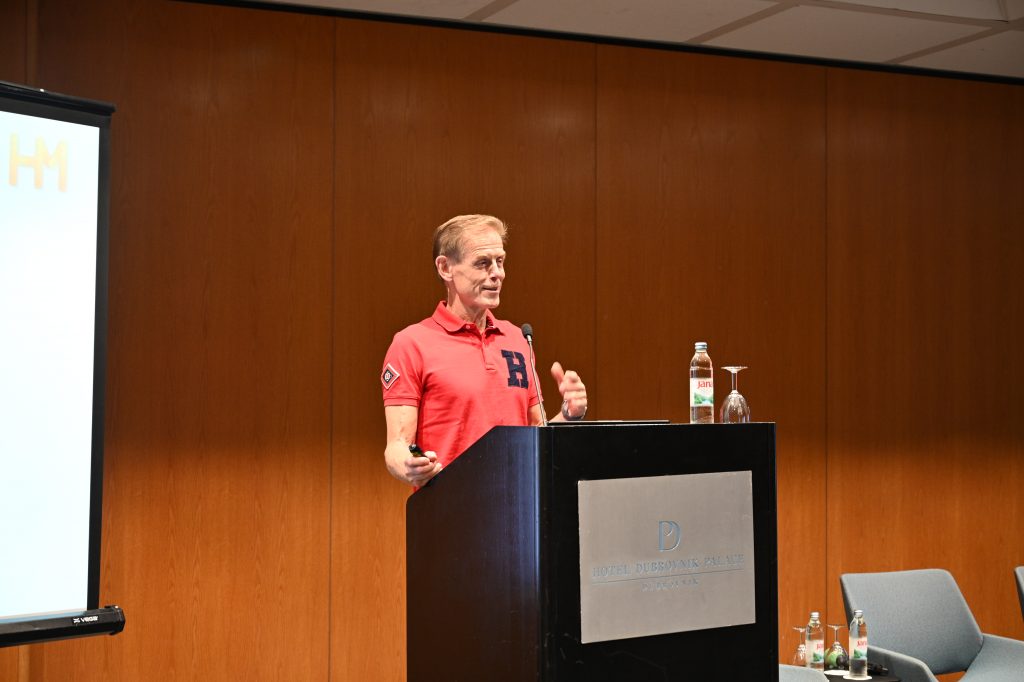
The second keynote was presented by Eileen McAuliffe, PhD (AACSB International, UK), Executive Vice President, Chief Thought Leadership Officer, and Managing Director, EMEA at AACSB. As one of the most influential global figures in business education, McAuliffe emphasized the evolving role of business schools in advancing intellectual leadership and societal impact. Her lecture underscored the interdependence of accreditation, quality assurance, and academic excellence, while calling for a redefinition of higher education standards in light of digital transformation and global challenges.

Mikael Gorsky, PhD (Holon Institute of Technology, Israel), Senior Researcher in Artificial Intelligence and Knowledge Work, explored the transformative potential of generative AI in reshaping education and research. His contribution highlighted how AI-driven systems are redefining knowledge production, learning processes, and academic roles, while raising pressing questions of integrity, equity, and the boundaries of human expertise.

The keynote series concluded with Mark Brewer, PhD (University of St Andrews Business School, UK), Dean and Head of School, whose distinguished career spans law, corporate governance, and academic leadership. Brewer reflected on the integration of sustainability, ethics, and responsible management into the missions of universities, stressing the responsibility of higher education institutions to address societal challenges and prepare students for leadership rooted in principles of global citizenship.

Taken together, the keynote addresses offered complementary perspectives on innovation, governance, ethics, and technology, providing a comprehensive intellectual framework for the conference.
The first panel, Strategic Challenges of Higher Education Systems, was moderated by Mato Njavro, PhD (ZSEM), Dean of Zagreb School of Economics and Management and former visiting fellow at Harvard University, the University of St. Gallen, and Singapore Management University. Among the panelists, Mariola Ciszewska-Mlinarič, PhD (Kozminski University, Poland), specialist in internationalization and strategic management, examined how universities can enhance their global reach.
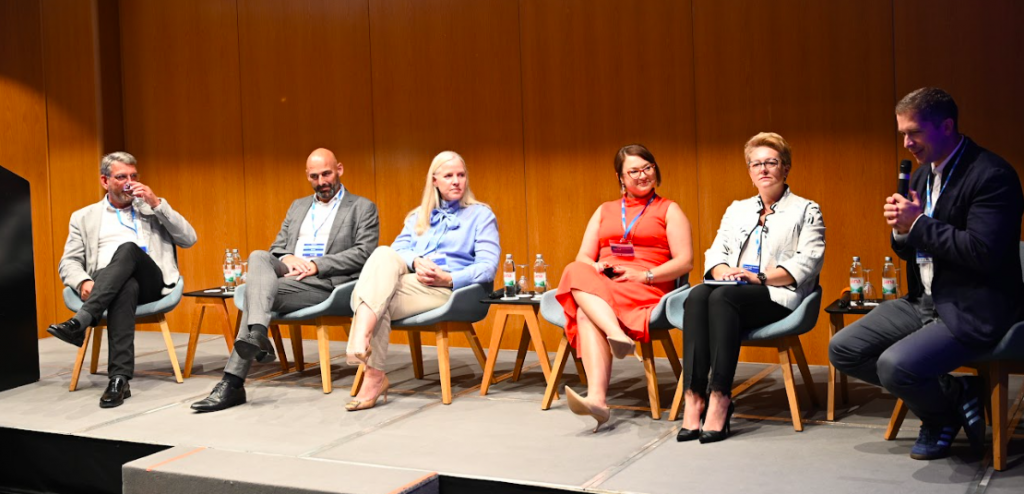

Ralf Dillerup, PhD (Heilbronn University, Germany), Dean and former senior executive at Robert Bosch and Mercedes-Benz, discussed the challenges of aligning academic strategies with managerial practice. Hendrik Flier (UWC Mostar, Bosnia and Herzegovina) contributed perspectives from international secondary and higher education, highlighting diversity and inclusiveness. Danijela Horvatek Tomić, PhD (Agency for Science and Higher Education, Croatia), expert in quality assurance and accreditation, drew on her work with the European Consortium for Accreditation, while Karolina Kristić, PhD (Frankfurt School of Finance & Management, Germany), Chancellor and CFO, focused on financial governance and sustainability.
The second panel, Introducing AI in Higher Education Institutions – Ethical and Implementation Challenges, moderated by Goran Oblaković, PhD (ZSEM, LSB), Associate Dean and expert in risk and strategic management, addressed the opportunities and dilemmas of AI adoption.
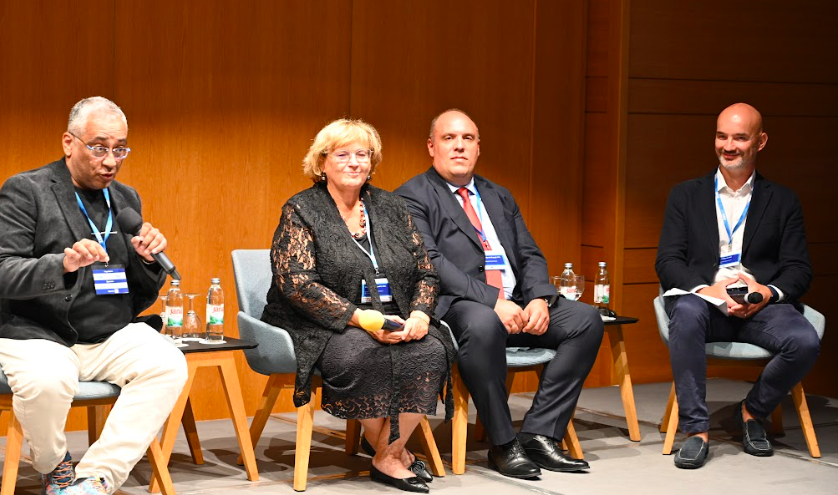

Among the panelists were: Mikael Gorsky, PhD, who expanded on generative AI’s implications for academic work; Metka Tekavčič, PhD (University of Ljubljana, Slovenia), former Dean and experienced accreditation expert (EQUIS, AACSB, EFMD), who emphasized governance aspects of AI integration; and Srdjan Redžepagić, PhD, who outlined the economic and policy dimensions of AI adoption in higher education.
The third panel, Generative AI & Data-Driven Discovery: The Next Frontier in Research & Education, was chaired by Andrej Novak, PhD (ZSEM, University of Vienna; University of Zagreb), an internationally recognized applied mathematician and computer scientist.


Among the panelists, Alimshan Faizulayev, PhD (KIMEP University, Kazakhstan), expert in ESG finance and fintech, highlighted the connection between AI and sustainable economic development. Monika Sońta, PhD (Kozminski University, Poland), researcher in creativity, communication, and AI in education, examined how technology transforms learning experiences. Isabell Steidel, MSc (Heilbronn University of Applied Sciences, Germany), entrepreneur and political leader, reflected on the intersections of AI, sustainability, and policy.
The panel From Vision to Practice: The Experience of Croatian Universities in European Alliances and the Path Ahead, was moderated by Dubravka Kovačević, PhD (ZŠEM), Associate Dean with extensive expertise in EU projects.
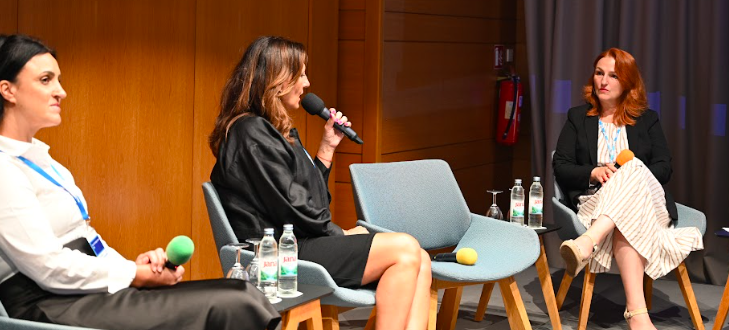

Among the panelists, Marijana Pećirević, PhD (University of Dubrovnik), marine ecologist and international research collaborator, discussed Croatia’s role in cross-European projects. Gordana Nikolić, PhD (PAR University College, Rijeka), Dean and entrepreneur, highlighted innovation in Croatian higher education and the importance of institutional flexibility within European alliances.
The academic program was complemented by an AACSB workshop led by Audrey Milton, PhD, Regional Head for Europe at AACSB International, who emphasized accreditation, benchmarking, and continuous improvement as central mechanisms for institutional excellence. In addition, sixteen peer-reviewed papers were presented across four thematic sessions, addressing AI-based teaching innovations, ethical frameworks for AI adoption, human–AI collaboration in decision-making, and digital solutions for sustainable entrepreneurship.

Beyond its academic core, HEIC 2025 fostered a vibrant social dimension that reinforced its role as a hub of professional exchange. A formal dinner in Dubrovnik’s Old Town provided opportunities for informal dialogue and networking, while a guided city tour introduced participants to the cultural and historical heritage of Dubrovnik, a UNESCO World Heritage Site.

By combining keynote lectures, expert panels, workshops, and research presentations with ample opportunities for exchange, HEIC 2025 reaffirmed its reputation as a leading international forum for higher education. HEIC 2025 highlighted the transformative role of artificial intelligence and digitalization, while situating these debates within broader institutional and societal contexts.


